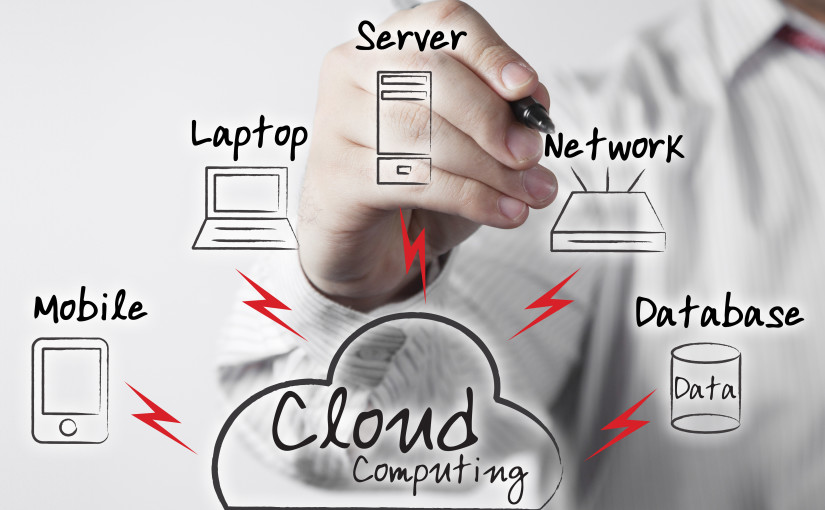Technology experts and stakeholders say they expect they will ‘live mostly in the cloud’ in 2020, working mostly through cyberspace-based applications accessed through networked devices.
As defined by NIST: “Cloud computing is a model for enabling convenient, on- demand network access to a shared pool of configurable resources (eg, networks, servers, storage, applications, and services) that can be rapidly provisioned and released with minimal effort or management service provider interaction.”
Cloud computing has five essential characteristics, i.e., on-demand self-service, broad network access, resource pooling, rapid elasticity and measured service. It has three service models, i.e., Cloud Software as a Service (SaaS), Cloud Platform as a Service (PaaS) and Cloud Infrastructure as a Service (IaaS). And it has four deployment models, i.e., private cloud, community cloud, public cloud and hybrid cloud.
Cloud computing has many difficult challenges to overcome, including concerns related to the availability of broadband spectrum, the ability of diverse systems to work together, security, privacy, and quality of service.
The increasing popularity of cloud computing has made conventional crime detection even more difficult. The very strengths of cloud computing, which allows anyone anywhere in the world to use publicly accessible software to process data stored in a virtual cyberspace location, could generate new challenges from a legal standpoint:
1. Jurisdiction: cloud computing can be put to devious use by criminals to store incriminating data on a server located beyond the jurisdiction of the courts of their country of residence, preferably in a State with no judicial cooperation treaty with that country.
2. Data protection and security: a huge amount of data is stored by a very limited number of cloud providers. Data can be used to profile the user or, if stolen by cybercriminals, they can be used against the users themselves.
Tech and Law Center intends to explore these technical and legal issues arising from cloud computing, with a multidisciplinary approach in order to create genuine information sharing and possible solutions to the open questions, with a specific aim: to guarantee data migration (The data liberation front and Google’s commitment to the open Web) through the development of tools able to implement the security of the users and the organization of workshops to analyse potential jurisdictional conflicts within cloud computing (The Death Of Computer Forensics: Digital Forensics After the Singularity).
Giuseppe Vaciago, gave a presentation on Legal aspects of the cloud at the Brussels Workshop on Cloud Computing on March 1st 2012.The workshop brought together high-level experts to discuss three broad aspects of cloud computing; the economic impact, the legal aspects and the way to move forward. The report of the event is available here.


